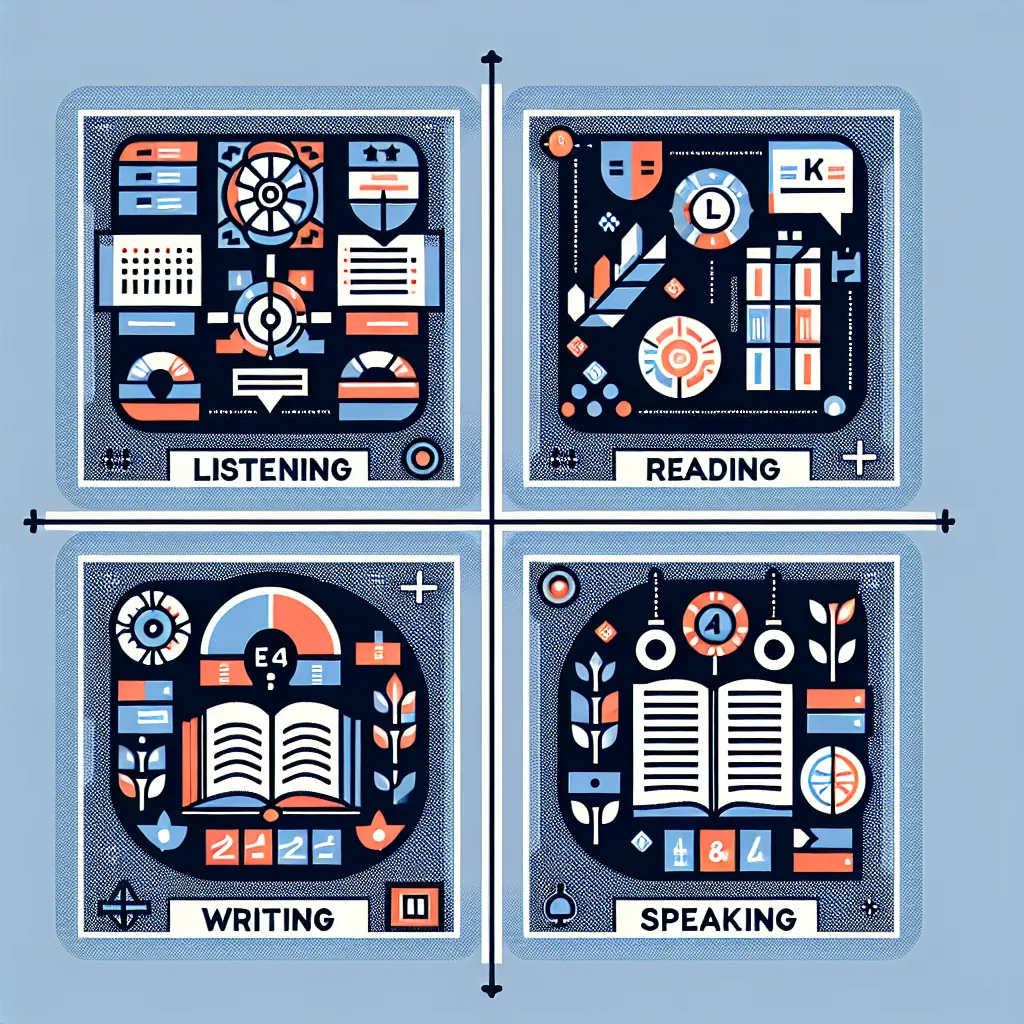Passing the IELTS exam is a significant accomplishment for anyone looking to work, study, or migrate to a country where English is the primary language of communication. With over two decades of experience in teaching English as a foreign language, I’ve guided countless students to success in their IELTS journeys. This comprehensive guide will equip you with the knowledge and strategies you need to achieve your desired IELTS score in 2023 and beyond.
Understanding the IELTS Exam
The International English Language Testing System (IELTS) assesses your English language proficiency across four modules: Listening, Reading, Writing, and Speaking. Each module is graded on a band score from 0-9, with 9 being the highest level of proficiency.

Key Strategies for Success
While the IELTS exam may seem daunting, a strategic approach can significantly improve your chances of achieving your target score.
1. Master the English Language Fundamentals
- Vocabulary: Build a strong vocabulary base, focusing on synonyms, antonyms, and collocations. Regularly practice using new words in different contexts.
- Grammar: Review and practice essential grammar rules, paying close attention to tenses, articles, prepositions, and sentence structures.
- Pronunciation: Work on clear pronunciation and intonation. Listen to native speakers and imitate their speech patterns.
2. Familiarize Yourself with the Test Format
- Practice Tests: Utilize official IELTS practice materials to familiarize yourself with the test format, question types, and time constraints.
- Time Management: Develop effective time management skills for each module to ensure you can complete all sections within the allotted time.
3. Develop Effective Test-Taking Strategies
- Skimming and Scanning: Master these reading techniques to quickly identify key information in passages.
- Note-Taking: Develop efficient note-taking strategies for the Listening and Reading sections to recall essential information.
- Planning and Structure: Plan your Writing tasks before you start writing to ensure coherence and logical flow.
Module-Specific Tips
Listening
- Predictive Listening: Anticipate what you might hear based on the context provided in the questions.
- Focus on Keywords: Pay close attention to keywords and phrases to identify the correct answers.
Reading
- Active Reading: Engage with the text by underlining key points and making notes in the margins.
- Identifying Different Question Types: Recognize the various question types and apply specific strategies to answer them effectively.
Writing
- Task Achievement: Address all aspects of the task and provide relevant and well-supported ideas.
- Coherence and Cohesion: Organize your ideas logically, using appropriate linking words and phrases.
- Lexical Resource: Demonstrate a wide range of vocabulary, using synonyms and idiomatic language where appropriate.
Speaking
- Fluency and Coherence: Speak fluently and coherently, connecting your ideas smoothly.
- Lexical Resource: Use a wide range of vocabulary and idiomatic expressions accurately.
- Grammatical Range and Accuracy: Use a variety of grammatical structures accurately.
- Pronunciation: Speak clearly and naturally, with appropriate intonation and stress.
Example from IELTS Speaking Test
Part 1: Introduction and Interview
Examiner: “Let’s talk about your hobbies. What do you enjoy doing in your free time?”
Candidate: “Well, I’m quite an avid reader. I find that losing myself in a good book is a fantastic way to unwind after a long day. I particularly enjoy historical fiction and biographies.”
Key Takeaway: Notice how the candidate provides a clear and concise answer, elaborating on their hobby and expressing their preference for specific genres.
Conclusion
Achieving success in the IELTS exam requires dedication, effective strategies, and consistent practice. By focusing on your language skills, understanding the test format, and employing proven test-taking techniques, you can confidently approach the exam and maximize your chances of attaining your desired score. Remember, the journey to IELTS success is a marathon, not a sprint. Stay focused, persistent, and believe in your abilities. Good luck!